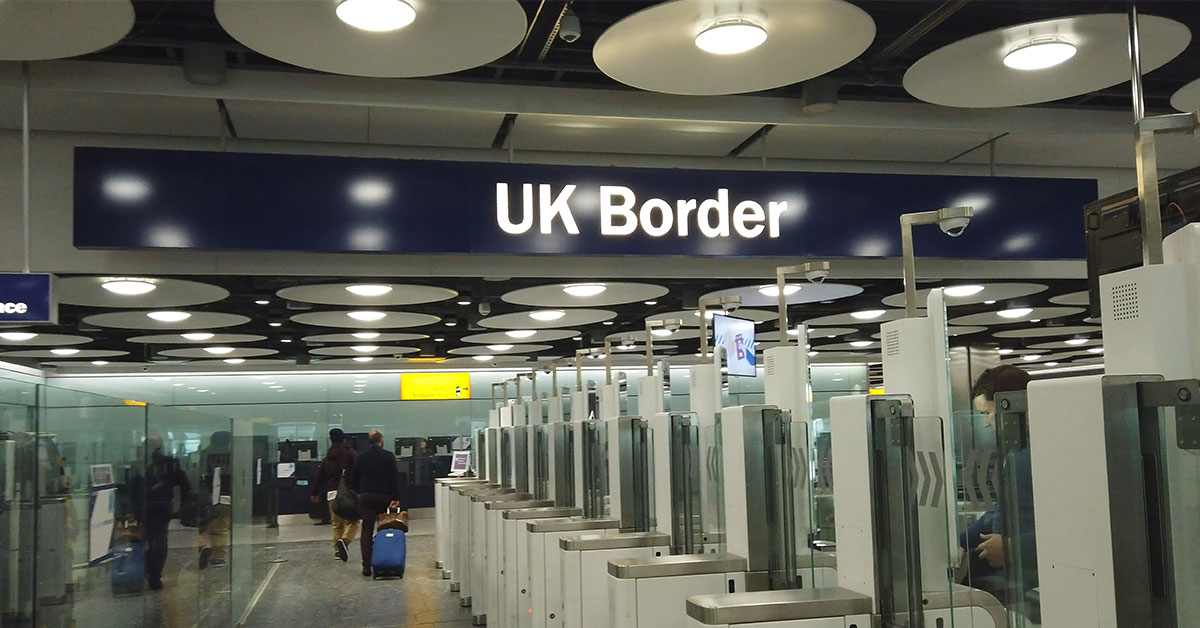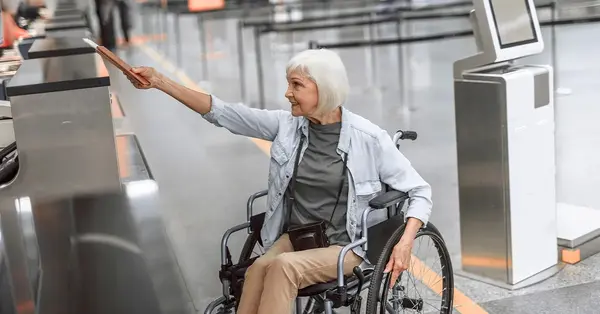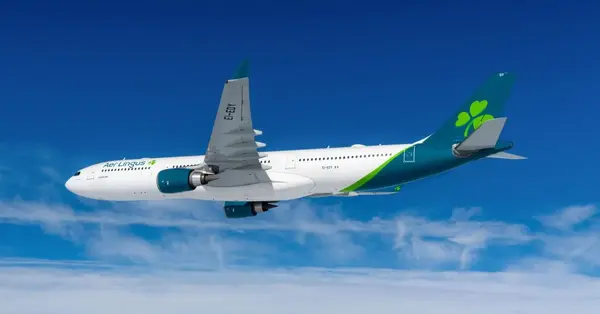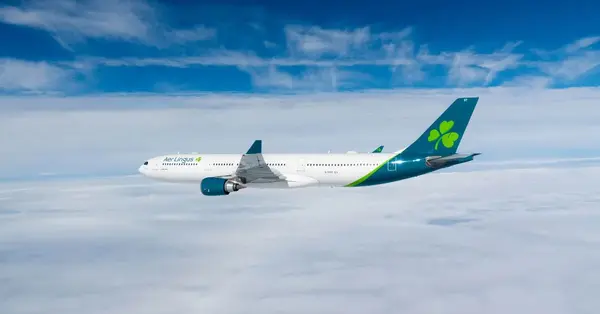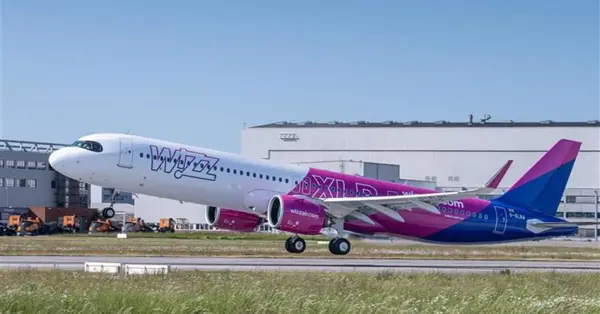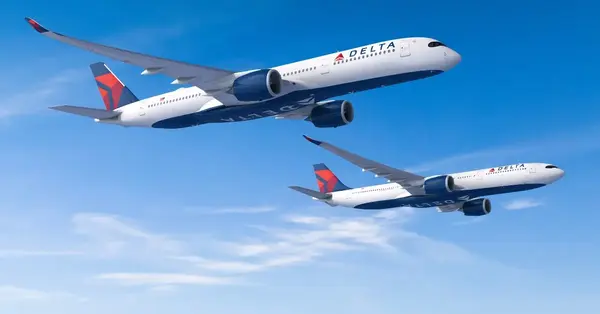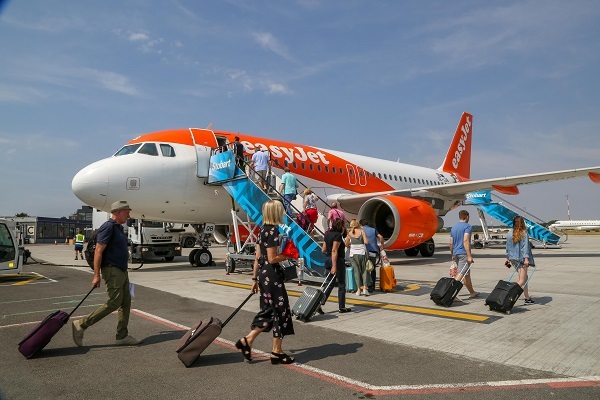You are viewing 1 of your 2 free articles
Travel warning as Border Force strikes confirmed for February 1
The Home Office and Border Force have warned that travellers entering the UK on February 1 next week could face longer queues as another strike is planned.
Members of the Public and Commercial Service (PCS) union who work for Border Force went on strike at several UK airports and ports over the Christmas period.
Now the union says that planned industrial action by civil servants on that date will be “the largest civil service strike for years”.
“[It] signals a significant escalation of industrial action after a month of strikes over pay, pensions, redundancy terms and job security,” said the union.
The proposed strike is set to start on February 1 and continue until 7am on February 2.
The government has urged travellers who are planning to enter the UK on February 1 to check the latest travel advice with operators before travelling, and encourages all passengers eligible to use eGates to do so.
The action could affect international arrivals at all UK air and maritime ports as well as those travelling to the UK from UK border controls in Calais, Dunkirk and Coquelles in northern France.
The government statement added: “Military personnel, civil servants and volunteers from across government are being trained to support Border Force at airports and ports across the UK in the event of potential strike action.
“Border Force are ready to deploy resource to meet critical demand and support the flow of travellers and goods through the border, however those entering the UK should be prepared for potential disruption.”
In the first wave of action, Border Force staff walked out from December 23-26, with the second wave on December 28-31, at Heathrow, Gatwick, Manchester, Birmingham, Cardiff and Glasgow airports, plus the port of Newhaven.
More: Heathrow overcomes Border Force strike during busiest Christmas in three years
Government ‘could face litigation’ after Border Force strike
Initial reports suggest minimal impact on first day of border strikes

